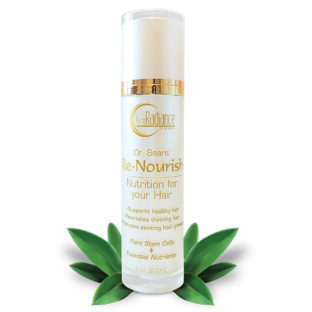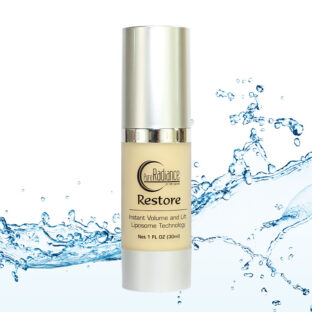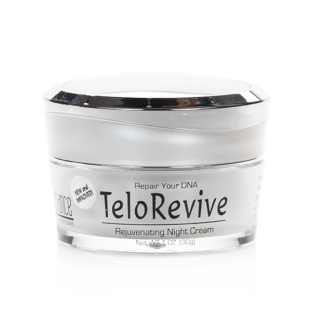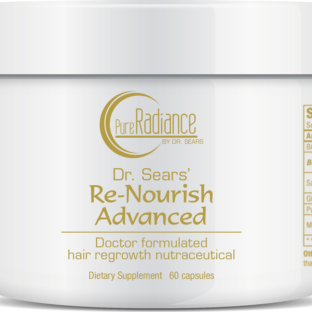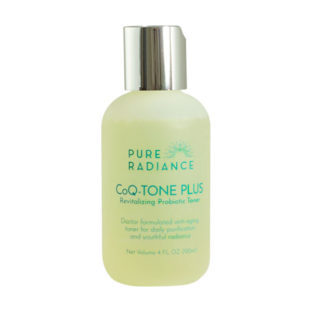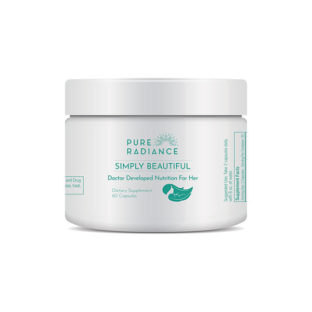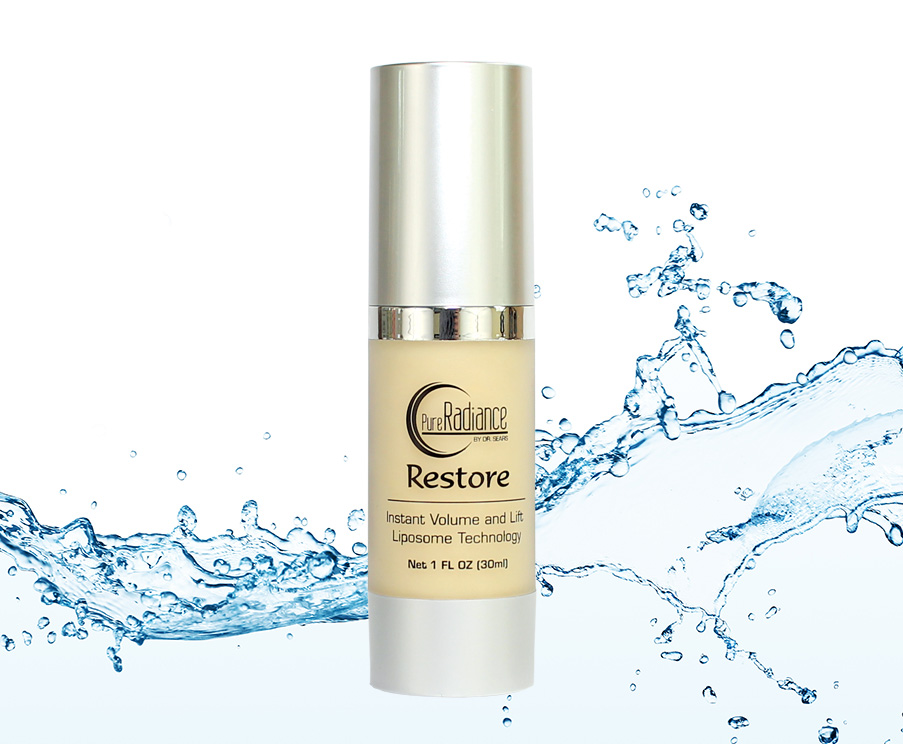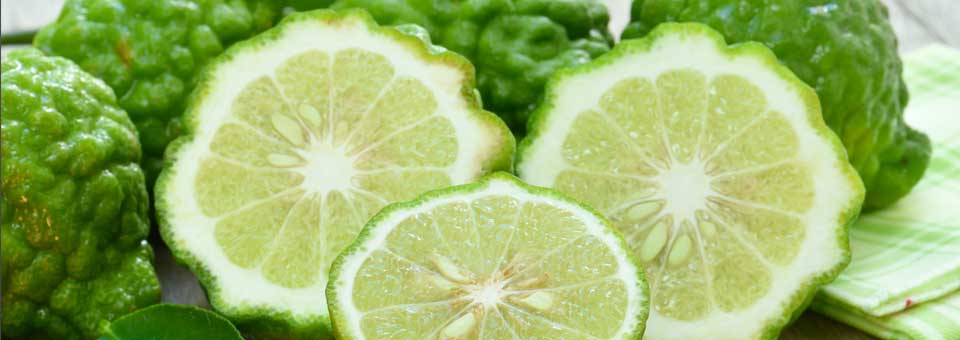
Many women come to my office with uneven skin tone. They want to get rid of age spots, old acne scars, large freckles and liver spots. And they don’t want to spend a lot of time and money on the painful treatments dermatologists offer.
You see, most skin doctors try to blast off the outer layer of your skin to get rid of dark patches. They use expensive treatments like dermabrasion, chemical peels or laser treatments. Some of these can require weekly visits to the doctor for two months or more. And they can cause swelling and redness.
But women have a far more gentle option, thanks to… Christopher Columbus!
That’s right.
When the 15th century explorer returned home to Italy from the New World, he brought back a plant from the Canary Islands. They called it bergamot (Citrus Bergamia) after the northern Italian city of Bergamo.
The Italians had never seen anything like bergamot. It’s a cross between a sour orange and lemon. The juice is a little bitter like grapefruit, but sweeter than lemons. Some people call it a “sweet lemon.”
Early on, bergamot was used in teas. It is still the distinctive flavor you might notice in Earl Grey tea. It was also valued as a perfume.
But healers in Italy soon made their own discovery. They found that the oil pressed from the skin of the bergamot fruit had an amazing number of medicinal uses. Bergamot essential oil has been used to:
- relieve depression1
- reduce joint and muscle pain
- soothe indigestion
- relieve stress
- lower blood sugar
- reduce cough
- enhance mood
Modern research proves that bergamot relieves anxiety. It works just as well as Big Pharma’s drug diazepam (Valium).2 And one study proved that in just 30 days bergamot oil reduced total cholesterol, LDL cholesterol and triglycerides. It also raised levels of the heart-protecting HDL cholesterol.3
But some of the most amazing benefits of bergamot can be seen in your skin. Bergamot oil is a powerful anti-bacterial that fights skin infections. It helps slow the growth of germs, virus and fungus on the skin. It is also anti-inflammatory, so it helps fight off acne flare-ups and blemishes.
As a powerful antiseptic, bergamot oil encourages wound healing. Whether you have old acne scars, skin cracks or ulcers, eczema or cold sores, it can help the skin heal faster and scars fade.
Bergamot oil can also stimulate and regenerate skin cells, giving new life and glow to tired skin. At the same time, it fights uneven skin tone. That’s because it helps redistribute your skin’s natural pigment — melanin — throughout the skin. That softens the look of dark spots and evens out skin tone.
I recommend bergamot essential oil to my patients with acne, cold sores, insect bites, eczema and dark spots.
The easiest way to get the skin benefits is to put five or six drops of the oil on a cotton ball and rub it gently on the affected area. If you have sensitive skin mix it with a few drops of coconut or jojoba oil. Just don’t go right out into the sun afterward.
You see, bergamot contains compounds that absorb ultraviolet light. They may increase your sensitivity to sunlight if you apply it directly to your skin. Look for brands labeled “FCF” or “Furanocoumarin Free.” They are less likely to cause a reaction.
You can also add 10 or 15 drops of bergamot oil to a warm bath to boost your mood and relieve anxiety. It also helps relieve psoriasis, varicose veins and rashes.
Or add a few drops to your regular shampoo, conditioner, body wash or body lotion.
Look for “cold-pressed” bergamot essential oil. Distilled versions using water or steam dilute the oil and lower the quality.
And like other essential oils made from citrus fruits, bergamot is acidic. Buy and store it in glass bottles rather than plastics that could degrade.
To Your Good Health,
![]()
Al Sears, MD, CNS
1. Hongratanaworakit T. “Aroma-therapeutic effects of massage blended essential oils on humans.” Nat Prod Commun. 2011;6(8):1199-204.
2. Saiyudthong S, Marsden CA, “Acute effects of bergamot oil on anxiety-related behaviour and corticosterone level in rats.” Phytother Res2011;25(6): 858-62.
3. Mollace V, et al., “Hypolipemic and hypoglycaemic activity of bergamot polyphenols: from animal models to human studies.” Fitoterapia2011; 82(3):309-16.


